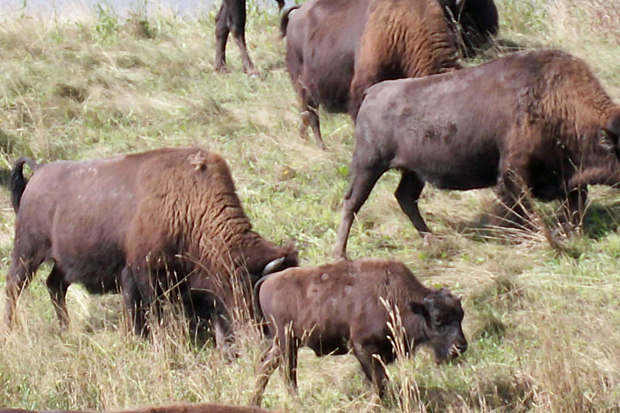Anthrax has killed several bison on a southern Saskatchewan farm, prompting the provincial government to urge producers to "strongly consider" having their livestock vaccinated.

Wet weather can bring buried anthrax spores to the soil surface and, as areas dry out, the spores are exposed to grazing livestock.
"The predominant reason why it’s a concern this year is the amount of flooding that we had in Saskatchewan this spring and early summer," Greg Douglas, the province’s chief veterinary officer, said Tuesday.
"Anthrax is a constant in the prairie ecosystem, in the prairie landscape, so it’s always here, (but usually) it’s deeper down in the soil, we hope," Douglas said.

Get breaking National news
The affected Saskatchewan farm is in the Weyburn region. Douglas said he was informed 30 to 40 bison had died, although he added that number may have since changed. The Canadian Food Inspection Agency, the national agency that tracks such occurrences, was unable Tuesday to provide specific numbers.
While some reports of livestock anthrax deaths are received every year, Douglas said it typically involves a small number of animals that were grazing in the same area. The death of several animals during a short period of time suggests that spores were exposed over a wider area of pasture, he said.
Livestock that ingest the bacteria can quickly die. Douglas said an animal could appear fine one hour and be dead the next.
"If they don’t have any immunity to the disease, then they really have no protection at all. That’s why we’re urging producers in consultation with their veterinarian to strongly consider — before (animals) go out on pasture, if they haven’t already gone — to consider vaccinating them," Douglas said.
The immunity can last for six months, he said.







Comments